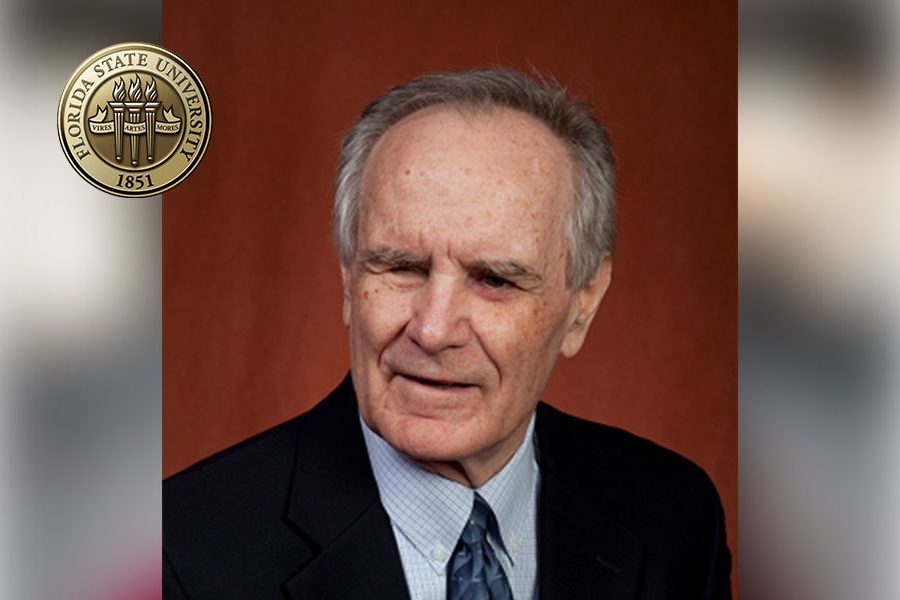
The U.S. slid one spot to No. 7 in the Economic Freedom of the World 2022 Annual Report, but Florida State University economics professor James Gwartney said the dip is more drastic than it looks.
The U.S. rating, based on 2020 data, fell from 8.25 to 7.97 on the index’s 10-point scale.
“While the U.S. ranking has remained in the same area the past several years, maybe the most important thing to come out of this year’s report is the decline in the U.S. rating between 2019 and 2020,” Gwartney said. “While this decline doesn’t look like that much, the 7.97 rating in 2019 would have placed the U.S. at No. 20 globally. Moreover, the 2020 rating of the U.S. is the lowest in four decades.”
Gwartney, the Gus A. Stavros Eminent Scholar Chair in the College of Social Sciences and Public Policy, has co-authored each edition of the report since helping to launch it in 1996.
The report is the most widely used measure of how the policies and institutions of countries impact economic freedom — the ability of individuals to make their own economic decisions.
People living in countries with high levels of economic freedom enjoy greater prosperity, more political and civil liberties, and longer lives, Gwartney said.
“When you talk about economic freedom, you’re talking about people being free to trade with others, compete in markets, and keep what they earn,” he said. “Economic freedom is about people being free to mold and shape their own lives.”
The report measures economic freedom by analyzing indicators including regulation, size of government, property rights, government spending and taxation. The 2022 edition includes 165 countries and territories.
Hong Kong and Singapore led the index, continuing their streak as first and second, respectively, while Switzerland, New Zealand, Denmark, Australia, the United States, Estonia, Mauritius and Ireland round out the top 10.
Other rankings of note include Japan (No. 12), Canada (No. 14), Germany (No. 24), Italy (No. 43), France (No. 54), Mexico (No. 65), India (No. 90), Russia (No. 94), Brazil (No. 114) and China (No. 116).
The Fraser Institute, at which Gwartney works as a senior fellow, produces the report in cooperation with the Economic Freedom Network, a group of independent research and educational institutes in nearly 100 countries and territories.
Gwartney prepared the report with Robert Lawson and Ryan Murphy of Southern Methodist University and Joshua Hall of West Virginia University.
“It’s a labor of love on my part and I’ve dedicated the last 25 years of my academic research and career to it,” Gwartney said. “I think it’s a really important measure to move discussions away from people talking past each other to instead say, ‘Let’s look at the data together.’”
For more information, visit www.fraserinstitute.org/economic-freedom.
Media inquiries regarding the Economic Freedom of the World 2022 Annual Report should be sent to Gwartney at jdgwartney@fsu.edu.



